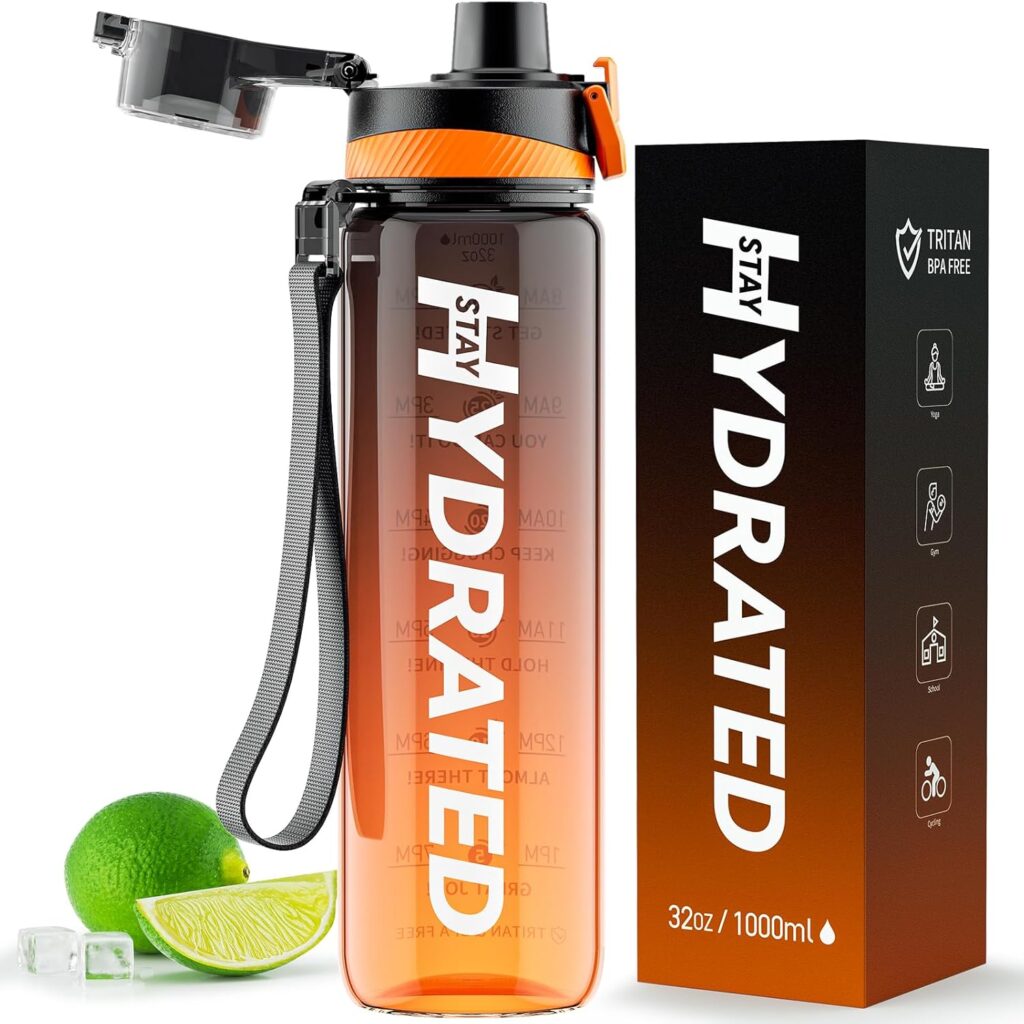Ever wondered why diabetes and the kidneys are often mentioned in the same breath? It seems the connection between the two runs deeper than you might think! Diabetes is notorious for its potential to wreak havoc on various parts of the body, and the kidneys are particularly vulnerable.
With millions of tiny blood vessels working like clockwork, the kidneys filter waste from your blood—a process that can go haywire when blood sugar levels are out of control.
This article explores the ins and outs of diabetes and the kidneys, breaking down what happens, why it matters, and what you can do to protect these vital organs. Stick around for practical tips that come from lessons learned through real-life experiences and expert-backed advice.
Diabetes and the Kidneys – Why it Matters
Diabetes and kidney health are closely linked, and understanding why this relationship matters is important for long-term wellness. The kidneys play a vital role in filtering waste and excess fluids from the blood through millions of tiny blood vessels called nephrons.
When blood sugar levels are consistently high due to diabetes, these delicate vessels can suffer damage. Over time, this can impair the kidneys’ ability to function, leading to diabetic nephropathy—a major cause of chronic kidney disease (CKD) and kidney failure.
Why does this matter? Once kidney damage progresses, symptoms like swelling, fatigue, and increased protein in the urine can manifest, but by then, significant damage may already be done.
Managing diabetes effectively helps prevent this chain reaction. Keeping blood sugar and blood pressure under control, staying hydrated, and maintaining a kidney-friendly diet can slow down or prevent damage.
For those living with diabetes, regular screening for kidney function—such as urine albumin tests and eGFR checks—is essential for catching issues early. Protecting your kidneys isn’t just about today; it’s about ensuring a better quality of life and avoiding serious health complications down the road.
How Does Diabetes Affect the Kidneys?
When blood sugar levels are persistently high, they can damage the kidneys’ intricate filtering system, known as the nephrons. Imagine trying to run a machine on fuel that’s just a little too rough—things start to wear out faster. Over time, this can lead to diabetic nephropathy, a condition that’s as tricky as it sounds.
The Mechanism Behind the Damage
- High blood glucose levels make the kidneys work harder, leading to overexertion.
- Protein leakage into urine (a sign of kidney damage) begins, and over time this escalates.
- Damaged blood vessels reduce the kidneys’ ability to filter waste effectively.
Signs That Diabetes Might Be Hurting Your Kidneys
The sneaky part? Early stages of kidney damage might show little to no symptoms. But as time goes on, you might notice:
- Swollen ankles, feet, or hands (due to fluid retention)
- Increased protein in urine
- Frequent fatigue or a feeling of weakness
- Difficulty concentrating
- Persistent itching
If you’ve been experiencing any of these symptoms, it’s time to talk to your healthcare provider—pronto.
Preventing Kidney Damage with Diabetes
The good news? You’re not helpless against this. With some smart steps, you can keep your kidneys happy and healthy. Here are the key takeaways that I’ve found to be game-changers:
Keep Blood Sugar Levels in Check
It sounds basic, but maintaining stable blood glucose levels is your first line of defense. Use a continuous glucose monitor (CGM) if you can, and check your HbA1c levels regularly. Aim for consistency—those spikes and crashes can be more harmful than you think.
Stay Hydrated
Drinking plenty of water helps flush out toxins and reduces the workload on your kidneys. Pro tip: Keep a water bottle nearby to make staying hydrated second nature. Your kidneys will thank you later.
Watch Your Blood Pressure
Did you know that high blood pressure is a double whammy for your kidneys when combined with diabetes? High blood pressure alone can damage kidney blood vessels, so managing it is crucial.
- Aim for a blood pressure reading below 130/80 mmHg.
- Use a home blood pressure monitor to track your levels.
Opt for Kidney-Friendly Foods
Your diet plays a bigger role than you might expect. While everyone raves about superfoods, it’s the basics that often make the biggest difference:
- Lean protein like fish or chicken (but in moderation)
- Fresh vegetables and fruits (hello, antioxidants!)
- Low-sodium foods to keep blood pressure in check
What’s Good for Kidney Health?
To promote kidney health and keep your kidneys in tip-top shape, focus on staying well-hydrated, eating a balanced diet rich in fruits, vegetables, and lean proteins, and limiting salt and processed foods.
Regular exercise and managing other conditions like diabetes and high blood pressure are also key. Aim for consistent hydration, cut back on added sugars, and prioritize heart-healthy fats.
Hydration is particularly important for seniors because as you age, your body’s ability to conserve water diminishes, making it easier to become dehydrated.
The sense of thirst can also become less pronounced, meaning older adults may not feel thirsty even when their body needs water. Dehydration in seniors can lead to serious issues like urinary tract infections, kidney problems, and impaired cognitive function.
Staying hydrated helps maintain your body temperature, joint lubrication, and overall cellular function, all of which are necessary for health and well-being as you age. Try using a motivational water bottle.
How to Monitor Your Kidney Health
So, you’re doing everything right—now what? Monitoring your kidney health can help you catch any changes before they escalate.
Tests You Should Consider
- Urine Albumin Test: Detects protein in the urine.
- Blood Creatinine Test: Checks the efficiency of your kidneys.
- eGFR (estimated glomerular filtration rate): This measures how well your kidneys are filtering.
Get these tests done at least once a year, or more frequently if your doctor advises.
Conclusion – Diabetes and the Kidneys
Taking care of your kidneys when you have diabetes isn’t just a nice-to-have—it’s essential. With some proactive management, a few lifestyle tweaks, and regular monitoring, you can keep your kidneys running smoothly for the long haul.
Remember, small changes can make a big impact. So, here’s to keeping both your diabetes and your kidneys in check.
Related Articles
- Type 2 Diabetes in Seniors: Symptoms and Proven Tips
- Conquer Tiredness in Seniors: 6 Energising Vitality Foods
FAQs for Diabetes and the Kidneys
How does diabetes affect the kidneys to cause damage?
Persistent high blood sugar can damage the delicate blood vessels in the kidneys, reducing their ability to filter waste properly.
What are the early warning signs of kidney damage in diabetes?
Swelling in the legs or hands, fatigue, protein in the urine, and trouble concentrating are common signs.
Can you reverse kidney damage caused by diabetes?
While severe damage might not be reversible, early stages can be managed and progression can be slowed down with lifestyle changes and medical intervention.
What’s good for kidney health in diabetes?
Focus on lean proteins, fresh vegetables, and foods low in sodium. Avoid processed foods and heavy red meats.
How can I prevent kidney damage if I have diabetes?
Keep blood sugar and blood pressure in check, stay hydrated, and maintain a healthy diet.





